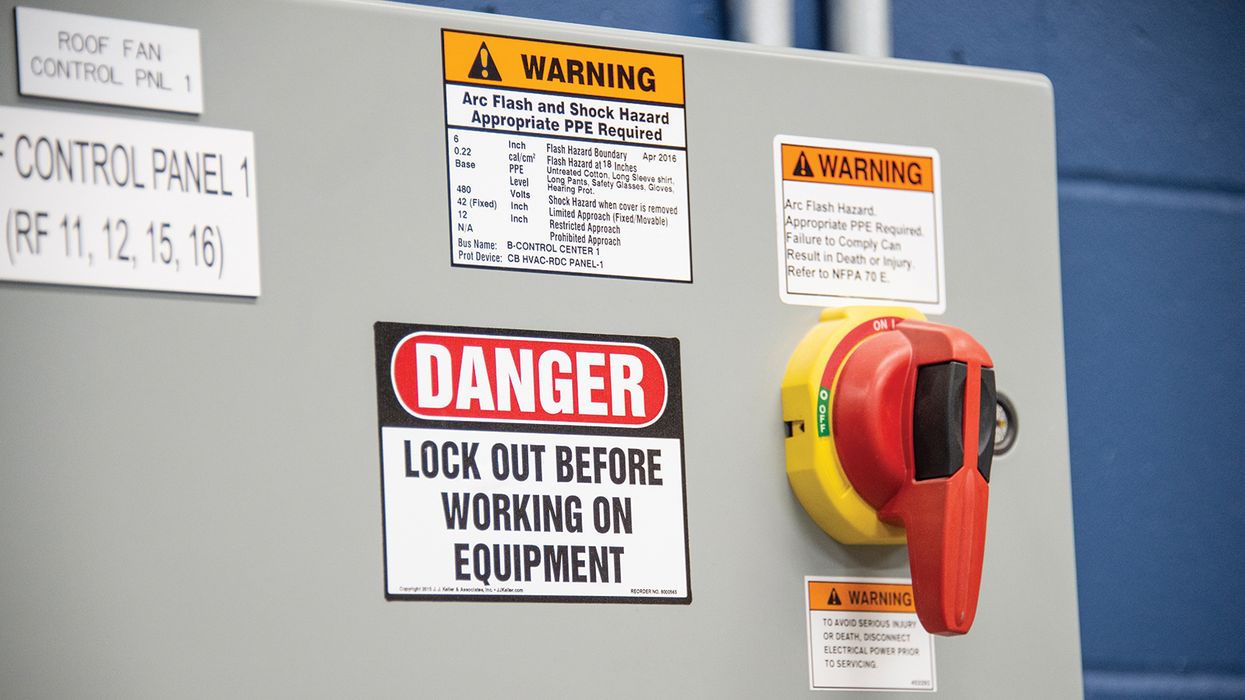Power of attorney alone is not enough for FMLA leave
Eligible employees may take job-protected leave under the federal Family and Medical Leave Act (FMLA) for distinct reasons, like caring for a spouse, parent, or child. Having power of attorney for another family member does not, however, automatically qualify for FMLA leave, even though it has sway in legal, financial, or medical matters.
Therefore, employees may not take FMLA leave to care for someone just because they have power of attorney for that person. It does not create the required relationship.
Family members defined by the FMLA:
- Spouse: Husband or wife in a legal marriage (including same sex marriages).
- Parent: Biological, adoptive, step, or foster father or mother, or anyone who functioned as a parent to the employee when they were a child.
- Child: Biological, adopted, or foster child, stepchild, legal ward, or a child of someone who functioned as a parent, under 18 years old, or 18 and older but unable to care for themselves due to a disability.
The FMLA does not specifically address other family members for whom an employee has power of attorney. If the family member doesn’t fit one of these categories, the employee may not take FMLA leave to care for them, even if they have power of attorney.
This is true even if the employee is the only caregiver, or is the primary caregiver.
State law
While the federal FMLA has a limited list of family members, state laws are often more inclusive. They might cover:
- Siblings,
- Grandchildren,
- Grandparents,
- Parents-in-law,
- Domestic partners, and
- A designated person who is like family.
Key to remember: Employees may take FMLA leave to care for a spouse, parent, or child only. Having power of attorney alone does not qualify for FMLA leave.























































